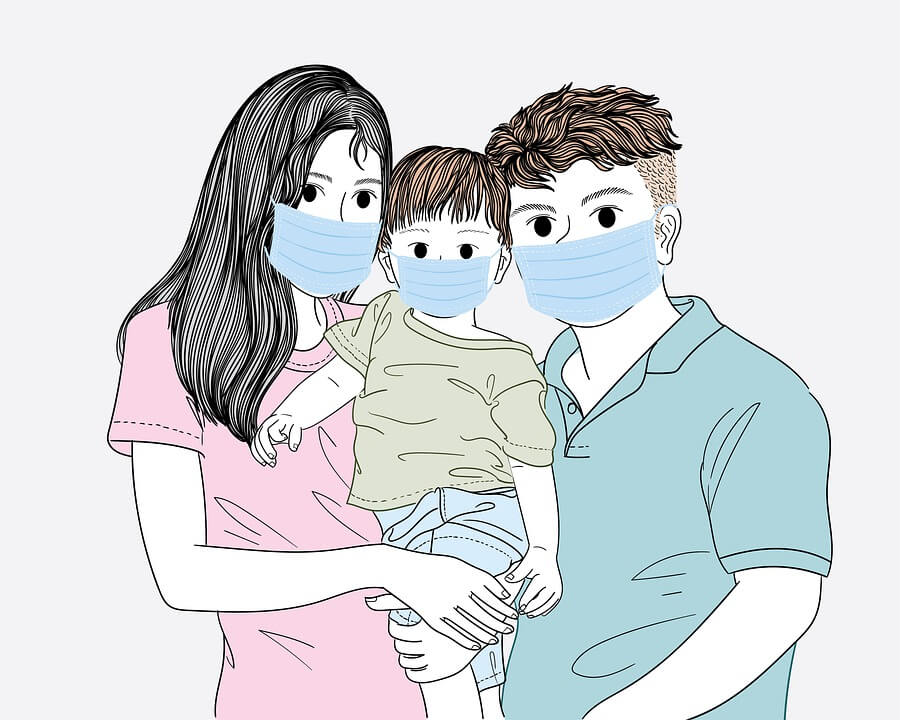
A pandemic arrives unprecedented. There is no warning; no planning can be done to deal with it. It’s a global outbreak, where physical health is prioritised and everything else tends to be put on hold. It’s a hard process to mitigate through life under such circumstances. The uncertainty and changes overpower the sense of stability and calmness. Pandemics can lead to heightened levels of stress and anxiety. It comes with a constant sense of paranoia and hyper-vigilance. People have armed themselves with cans of sanitisers and masks, due to the fear of catching the disease. It is the resilience and adaptive skills, garnered over time, that help us amid dire circumstances. Monitoring mental health becomes an important aspect when actively processing information from outside.
This pandemic has led to country-wide ‘lockdowns’ which restricts the movement of people. There is constant distress over the information received through various mobile applications, news channels, and social media as well as a preoccupation with the COVID-19 infection and how it has led to emotional exhaustion. It becomes imperative to look at things on our mind, or it may lead to a state called burnout. Burnout is defined as a state of emotional, physical, and mental exhaustion caused by excessive or prolonged stress. It occurs when we feel overwhelmed, emotionally drained, and unable to meet constant demands. In a country like India, where collectivistic culture prevails, it becomes difficult for people to not react to information being circulated in social circles. Because of anxiety, people are indulged in panic buying, modifying their dietary needs and following unwanted and excessive lifestyle changes. All these actions are followed based on rumours and they tend to have negative effects on mental health. Similarly, additional changes like – isolation, social distancing, self-quarantine, restriction of travel and the ever-spreading rumours in social media are also likely to affect mental health adversely.

With increasing awareness, people can recognise and deal with these signs despite several stigmas attached to mental health in our country. There is a certain level of hesitance, ignorance and false information propagation, which has led to the sustenance of these stigmas. In a study by Deblina Roy et al. (June 2020), it was recorded that individuals felt the need of help for their mental well-being. This shows a positive trend in seeking mental health services. However, this trend is limited to the educated, urban population of the country. The lack of resources and awareness along with the taboo associated with mental health are some of the primary reasons for the population discrepancy in seeking help. Contrasting to the aforementioned study, in research by Carolin Hoyer et al. (June 2020) it was found that there was a decrease in utilization of mental health services during the COVID-19 pandemic. This decrease has been attributed to extended measures of social distancing and home isolation.
There are several differences in the mental health needs of different age groups. The teenagers and young-adult populations of the country engage in these services the most, as compared to older adults and senior citizens. Having been confined to their homes, people have now been able to focus on their self-wellness needs. Recognition of an issue leads to an increase in the willingness to indulge in its resolution. This is the phenomena that are currently underway during the pandemic. Without outside distractions, individuals can objectively see and give proper thought to their mental fatigue and burnout. It is not about taking advice from peers or the family but recognising that safe space to connect and to recover with the sense of self. Willingness is the internally driven factor that brings about change in a human being. Therefore, the mental health industry is evolving in this trajectory and has come up with several resolutions in the form of telephonic conversation and video calls to help people.

